2019-06-07
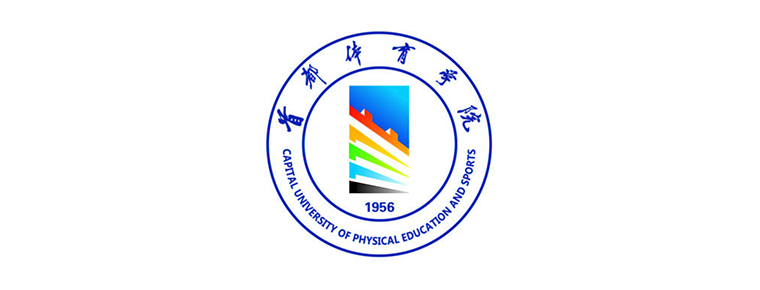
- By ChinaWiki.net
- Chinese Edition
- 2019-11-24
Capital Institute of Physical Education
Capital Institute of Physical Education is a sports class in Beijing. Ordinary universities Located on Beijing City Haidian District, West Zhongguancun Science Park District, east of Yan Mu scenic area.
The school was founded in 1956, formerly known as the "Beijing sports school". In 1960, it was rebuilt as "Beijing sports normal college". In 2000, it was now known as the Capital Institute of Physical Education. Chinese government scholarship to receive international students in China 。
By the end of 2014, schools were divided into campus, North Campus and Phoenix Valley campus. The campus covers an area of 267.47 mu, teaching and research and auxiliary rooms 56514 square meters, indoor stadium area 37752 square meters, sports venues area of 34262 square meters, library collection 417 thousand volumes, 5 two level colleges, 12 undergraduate majors, 2 master level disciplines, 4 master degree level disciplines, and a master's degree master's degree.
History of running a school
In July 1956, the Beijing sports school was established. National Physical Culture and Sports Commission Beijing Sports Committee
Heavy leadership and school buildings are built at the Xian Nong Tan stadium.
In May 1958, Beijing sports school moved to its present site.
In March 1960, with the approval of the municipal government, the Beijing sports normal college was founded on the basis of Beijing sports school. Educational system has four years of undergraduate course and three year system. Specialty Three year preparatory course.
In 1962, the educational front implemented the adjustment of departments and the Department of physical education in Beijing normal college in September of the same year.
In February 1979, he was separated from Beijing normal college and resumed "Beijing sports normal college".
In February 1979, Beijing sports normal college resumed school.
In May 2000, in order to adapt to the development of sports and education in the capital, it was renamed Capital Institute of Physical Education by the Ministry of education.
In 2009, the college became the first to recruit full-time full-time graduate students.
In 2011, the college obtained the master's degree authorization point of "Sports Science" and "psychology".
In 2012, the college began to enroll doctoral candidates through the national special needs doctoral training project.
In 2014, the school added a master's degree authorization point for journalism and communication.
Cultural tradition
Image identification
· School badge
The school master logo uses the Chinese character "first" font structure, and the word "Shou" is the first.
Transcending and leading is a refinement of sports spirit and school. The the Great Wall, which stretches over thousands of miles above the word "Shou", represents the visual characteristics of the capital, manifests the unique geographical location of the school, and extends the runway like an endless strip below, which embodies the discipline characteristics of the school.
The color of the main logo uses the colors of the Olympic rings, which symbolizes the spiritual pursuit of the school to promote the spirit of sports and the dissemination of sports culture in the blue sky.
· School flag
The school flag is a white rectangular flag with a horizontal school logo and a standard combination of standard Chinese and English.
Spiritual culture
· School motto
Strive for innovation in the spirit of Challenger
· School song
Song of challengers
https://www.cupes.edu.cn/
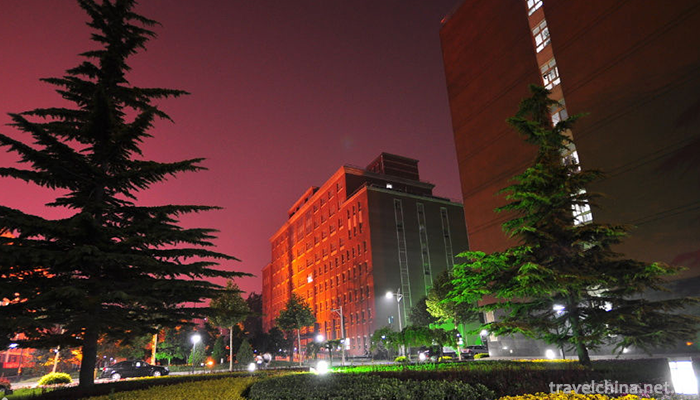

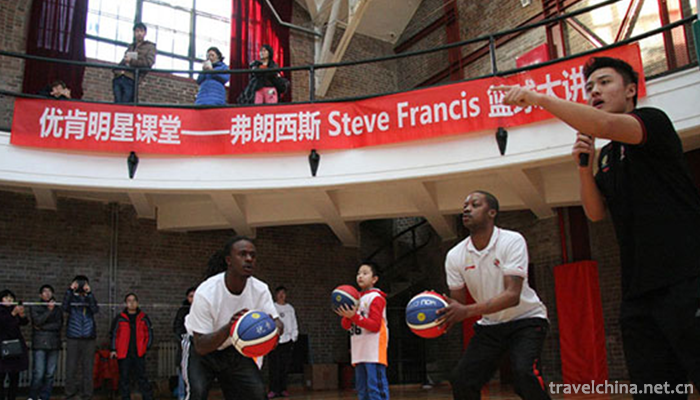
Ask a Question
Your email address will not be published.
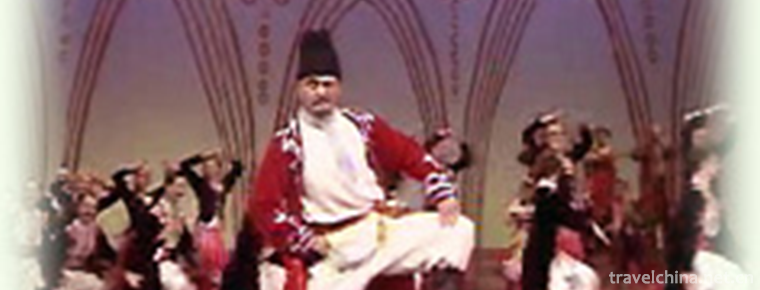
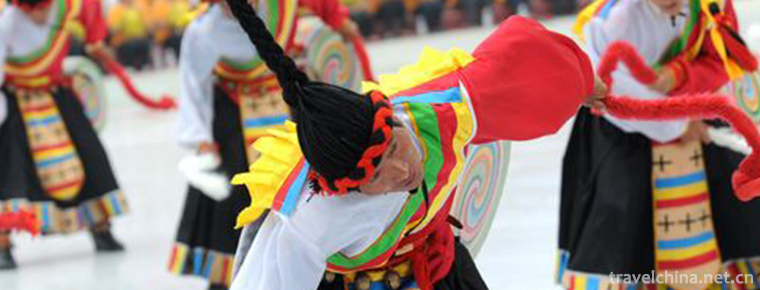
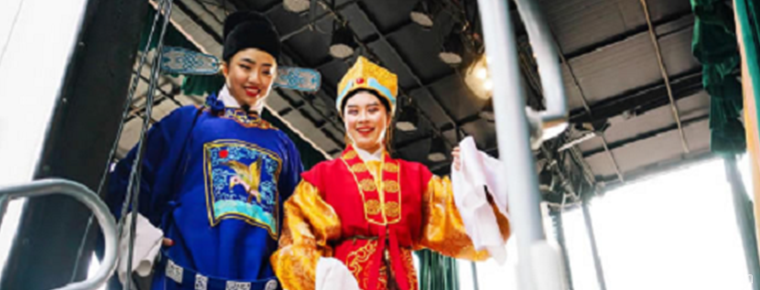
0 Questions